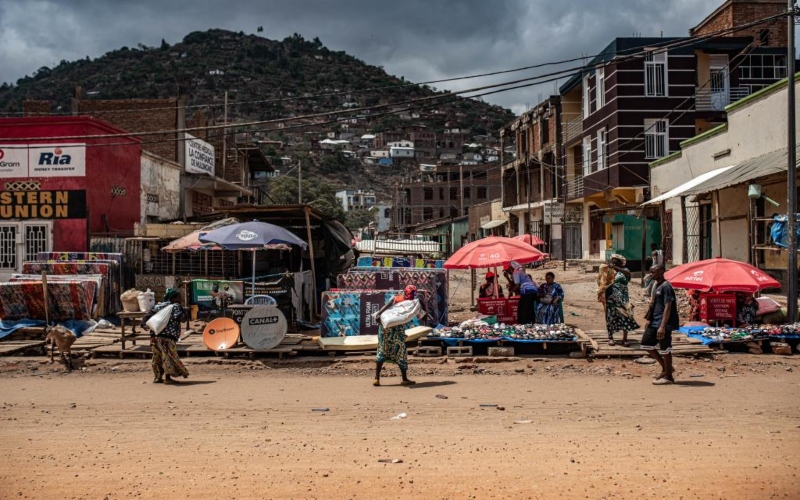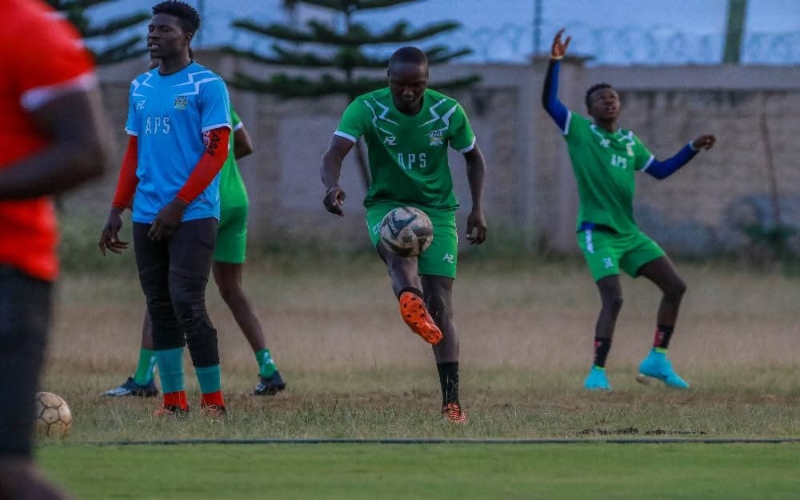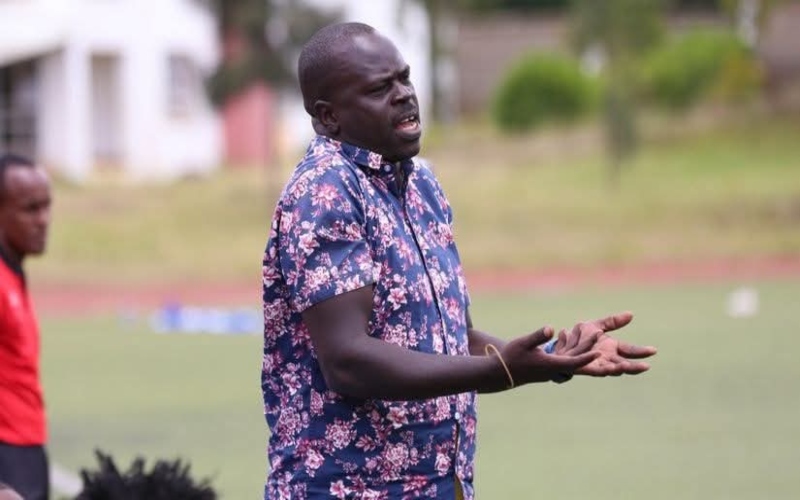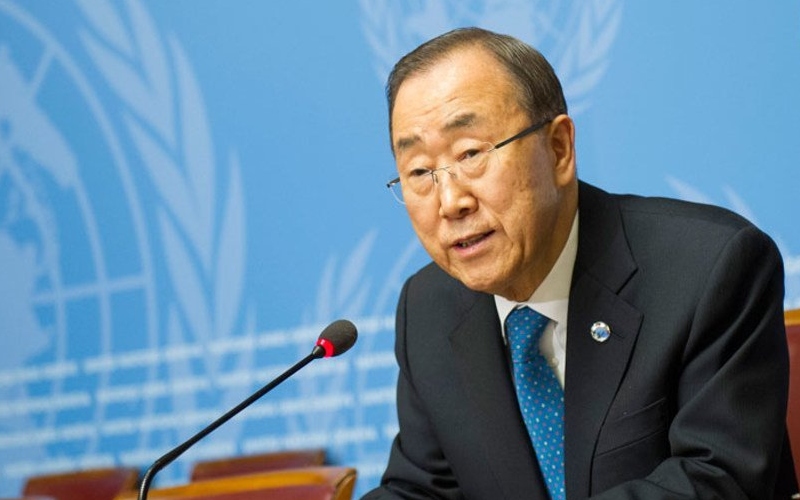Opinion: Police response to protests should not escalate tensions
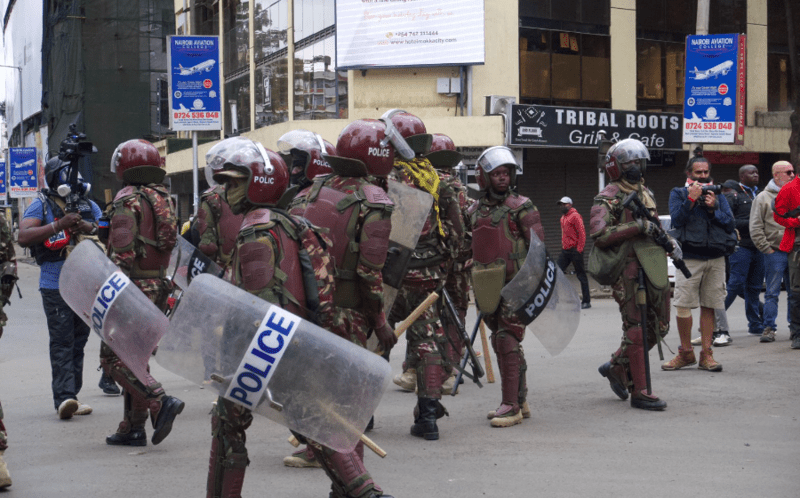
These are people who are experienced in crisis management and would advise on the best way to handle situations apart from the normal police response of teargassing and beating up protesters.
Strategic thinking is a key component of success for every organisation. It helps in the planning and execution of a task or when dealing with a situation.
In the communication field, coming up with strategies is a day-to-day task for the think tanks in any organisation. An organisation that lacks proper communication and strategic thinking is bound to fail.
More To Read
- 97 extrajudicial killings, 72 torture cases documented in Kenya in 2025 - rights groups
- Kanja admits police could have done better in handling Gen Z protests, advocates for training
- Gen Z protests in Kenya: Key facts (2024-2025)
- Amnesty report shows at least 128 killed, 3,000 arrested in 2024–2025 Gen Z protests
- Court rules Dutch national Elwin Ter Horst unfit to stand trial
- Court recommends murder charges against three officers over 2022 Masimba killings
Police response to protests by Gen Z against the Finance Bill, 2024 has made me wonder whether the National Police Service has strategic thinkers or communication and public relations officers.
These are people who are experienced in crisis management and would advise on the best way to handle situations apart from the normal police response of teargassing and beating up protesters.
For the longest time, police in Kenya seem to have been responding to situations without strategic planning. Have you ever thought about what would happen in case police officers responded to a protest without unleashing terror on protesters but instead protecting them and those who are likely to be affected by the demonstration i.e. businesses in town?
Imagine a scenario where police form a protective barrier, ensuring protesters' safety as they exercise their rights. This proactive stance not only prevents confrontations but also safeguards businesses and bystanders from unintended harm.
Strategic positioning and clear communication of boundaries can prevent escalation, allowing demonstrations to proceed peacefully while minimising disruptions to daily life.
The police should only respond with violence when protesters are violating the law by either damaging property, stealing, or causing havoc to others.
Violence should be a last resort, employed only when protesters violate the law by endangering lives or damaging property. Even then, proportional and lawful responses are essential.
Police training should emphasise techniques to isolate and apprehend instigators without endangering peaceful demonstrators. By focusing enforcement actions on specific lawbreakers, authorities uphold public order while respecting civil liberties.
Unfortunately, the police have now forced protesters to think of ways to destabilise them instead of them not being worried by police presence. We have witnessed the youth chanting “we are peaceful” but end up being teargassed and some clobbered by the police.
Had there been strategic thinking and planning, the conversation would have been different.
By prioritising dialogue, protection, and selective use of force, law enforcement can transform protest management from a flashpoint of conflict into a testament to democratic resilience.
Through proactive engagement and adherence to human rights, police not only maintain public order but also uphold Kenya's democratic ideals. Together, let us envision a future where protests are managed with empathy and foresight, ensuring the safety and dignity of all citizens.
Strategic policing involves proactive planning and thoughtful execution. Instead of reactive responses that escalate tensions, law enforcement should anticipate and prepare for demonstrations.
This begins with comprehensive training in conflict de-escalation, human rights principles, and community engagement. Police officers must view protests not merely as threats to public order but as opportunities to uphold democratic rights while maintaining peace.
The right to protest is enshrined in the constitution. That right was not put in the constitution accidentally but was done deliberately for the people to voice out their frustrations if they have any.
Senior police officers should take responsibility and put in place strategic plans that will not subject their juniors to situations that tarnish the image of the National Police Service.
Play your role accordingly as long as you are also Kenyan and will be affected by some of the same issues that the youth are currently fighting against.
The writer is a Mombasa-based communication and marketing expert.
Top Stories Today









